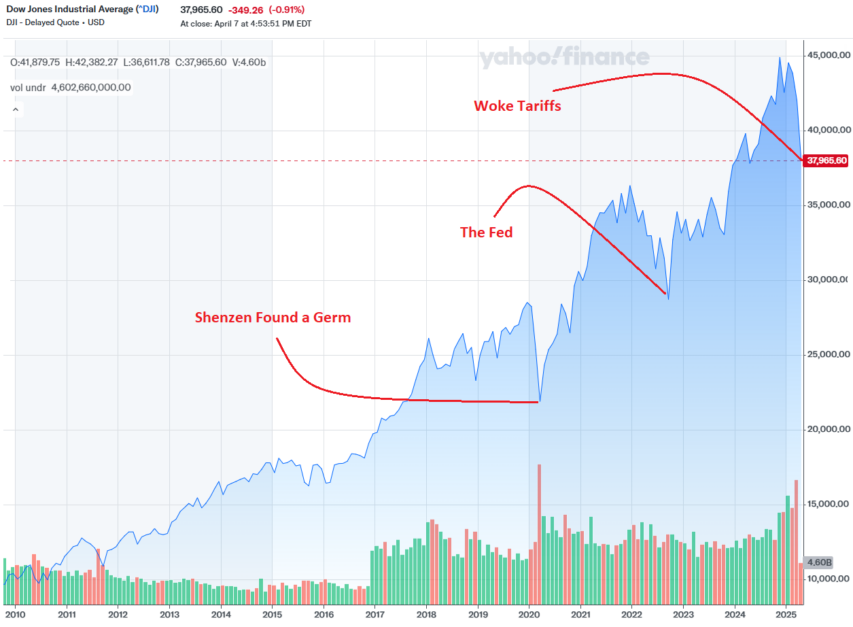World War Two
Published 10 Apr 2025February 1931 sees unprecedented chaos in Germany’s parliament as Nazis and Communists stage a dramatic walkout, ironically enabling democratic parties to pass reforms unopposed. Meanwhile, Hitler pushes eastward expansion, Berlin bans extremist newspapers — including Goebbels’ Der Angriff — and Röhm militarizes the Nazi SA. With democracy under strain and political extremes emboldened, what’s next for the Weimar Republic?
(more…)
April 11, 2025
Nazis and Communists Unite Against Weimar – Rise of Hitler 14, February 1931
Beretta 93R: The Best Machine Pistol?
Forgotten Weapons
Published 13 Dec 2024The Beretta 93R (“Raffica”) was developed in the 1970s by Beretta engineer Paolo Parola at the request of Italian military special forces. It took the basic Beretta 92 pistol design and added a well-thought-out burst mechanism under the right-side grip panel. It does not have a plain full-auto setting, but only semiauto and 3-round burst. To help keep the gun controllable, it has a heavier slide to reduce cyclic rate, a detachable shoulder stock, and a folding front grip to help control the muzzle. It uses extended 20-round magazines and is actually remarkably controllable (or so I am told; I have not had a chance to shoot one myself).
(more…)
QotD: Teaching in modern universities
Leys’s essays often combine delicacy with deep irony — a combination that few writers, especially in our times of stridency and parti pris, achieve. Here, for example, is the beginning of his essay “An Introduction to Confucius”: “If we consider humanity’s greatest teachers of wisdom — the Buddha, Confucius, Socrates, Jesus — we are struck by a curious paradox: today, not one of them could obtain even the most modest of teaching posts in any of our universities”. We laugh — which, of course, is the best tribute to the seriousness of the point that he is making. He goes on to explain, “The reason is simple: their qualifications are insufficient — they have published nothing”.
In two sentences, Leys has pinned, like a butterfly to an entomologist’s board, the bureaucratic sickness that has overtaken our institutions of higher learning (and not only those institutions). There is no madness more difficult to treat than that which believes itself sane, and there is no irrationality greater than that which believes itself perfect. It is no surprise that Leys retired early from his university chair because the university no longer bore any resemblance to what it had once been and misled students and the rest of society into believing it still was. A community of scholars had become an organization of foremen on a production line.
Theodore Dalrymple, “Rare and Common Sense”, First Things, 2017-11.





